|
3/16/2019 The BAWAH ANAMBAS FOUNDATION Wants to help conserve and expand the biodiversity of the Anambas ArchipelagoRead Now Located just a few hours from Singapore, the Bawah Anambas Foundation, which is part of the Bawah Reserve, focuses its conservation efforts on the whole Anambas Archipelago. This region, which is part of the Coral Triangle, includes more than 250 islands across seven sub-districts with 45,000 inhabitants. Eighty percent of the locals living in this area rely on the ocean for their livelihood, which consists of an average income equivalent to USD 150–350 per month per household. The Anambas has outstanding marine biodiversity, some say 10 times more diverse than Australia’s Great Barrier Reef. It has tremendous potential as an eco-marine tourism destination. Reefs are easily accessible with typically clear, warm, and sheltered waters providing ideal snorkelling and scuba diving options. “When we built Bawah Reserve, it was very important that we follow a sustainable operational plan and give back to the local community, the land and the sea,” says Tim Hartnoll, owner of Bawah Reserve. In April 2018, a few months after Bawah Reserve first opened its doors, the Bawah Anambas Foundation was established to rehabilitate and conserve the bio-diversity of marine and terrestrial life around the island of Bawah and the larger Anambas Archipelago, as well as help boost the local community welfare. The foundation encourages the locals to reduce their reliance on the ocean by teaching them organic farming and providing them with free English lessons through digital media. The programme also consists of educating the locals on waste disposal management, so that they stop polluting the sea. Rodial Hudha, a native Anambas who used to work as a kitchen staff in Bawah Reserve and is currently a Programme Assistant of the Bawah Anambas Foundation shares, “I grew up in Kiabu. Back then, I thought fishing by throwing dynamite off a jetty, dumping rubbish into the ocean or onto the street, building new roads by clearing up mangrove forests, and building houses without septic tanks were all normal. Little did I know that all those actions could damage the fragile environment we live in." “From day one, our plans have been created with sustainability and the environment in mind,” says Hartnoll. Curiosity brought him sailing to Bawah Island many years ago and the beauty of the area captivated him. When the opportunity came to develop Bawah into a resort, he swore he would preserve it and keep it as pure and beautiful as it was the very first time he set eyes on it. Jerry Winata, the Head of the Bawah Anambas Foundation says "you can’t talk about conservation to hungry people". Based on findings during his stay in a few of the villages around Anambas, he has identified a series of programmes and activities to assist and complement what has already been initiated by the local government. The projects include: coral and turtle conservation; reforestation; organic farming; digital English club; and solid waste management. These programmes are to be implemented in the villages of Talaga, Kiabu, and Mengkait, which are the poorest and farthest from Tarempa, the capital of the Anambas Islands. Those aforementioned projects are critical to ensure the improvement and protection of the ecosystem in the area. The marine and forest conservation programmes are to restore coral and forest conditions, while securing the availability of fish for the fishermen to catch sustainably. The organic farming programme is to provide new crop alternatives that are climate change resilient and good for the livelihood of the locals. English lessons will give many new opportunities to work in the tourism sector. Solid waste management, which is extremely urgent to put into action, will not only keep the ocean and the villages clean, but will also change the locals’ habit of littering and damaging the environment. If managed properly, Winata believes it won't be long before Anambas becomes one of Indonesia’s major eco-friendly tourism attractions. To contact the Bawah Anambas Foundation please email them at this address: [email protected] Check out their website: www.bawahanambas.org Connect with them on Instagram: @bawahanambasfoundation |
Details
AuthorChristine Amour-Levar Archives
December 2023
Categories
All
|
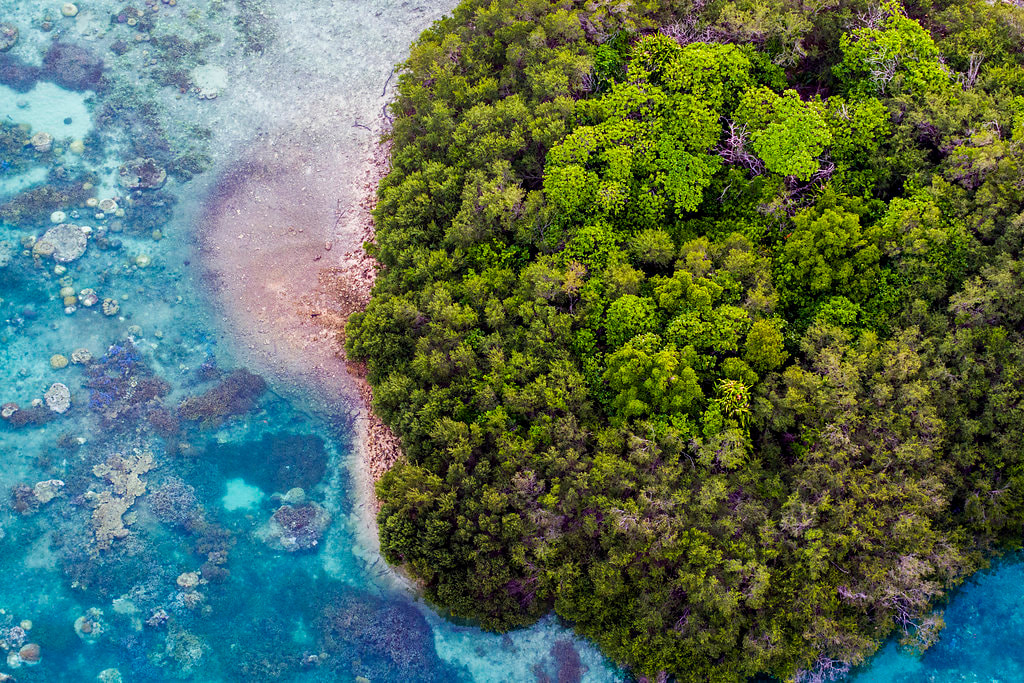
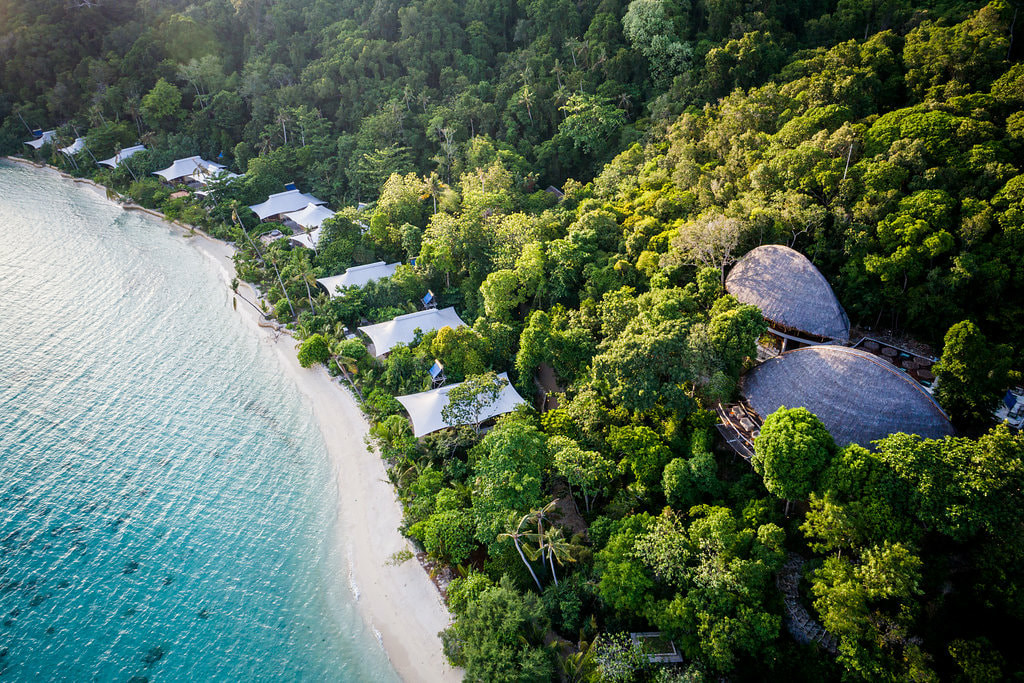
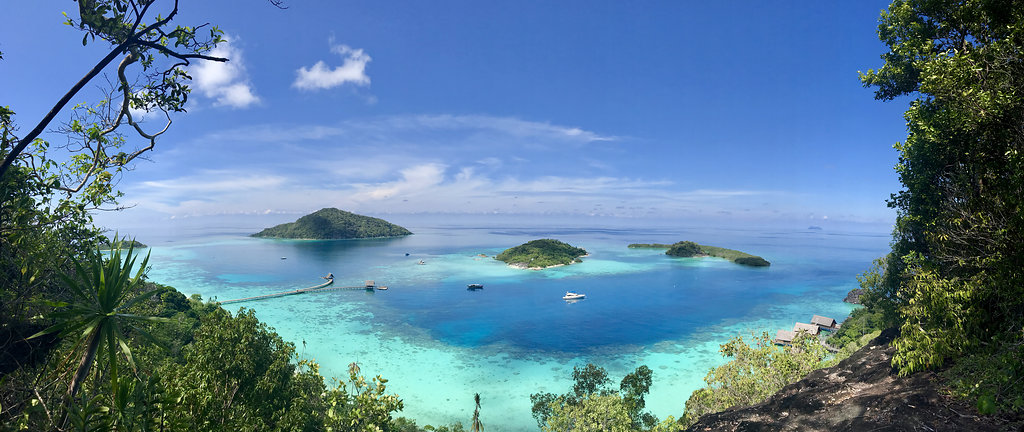
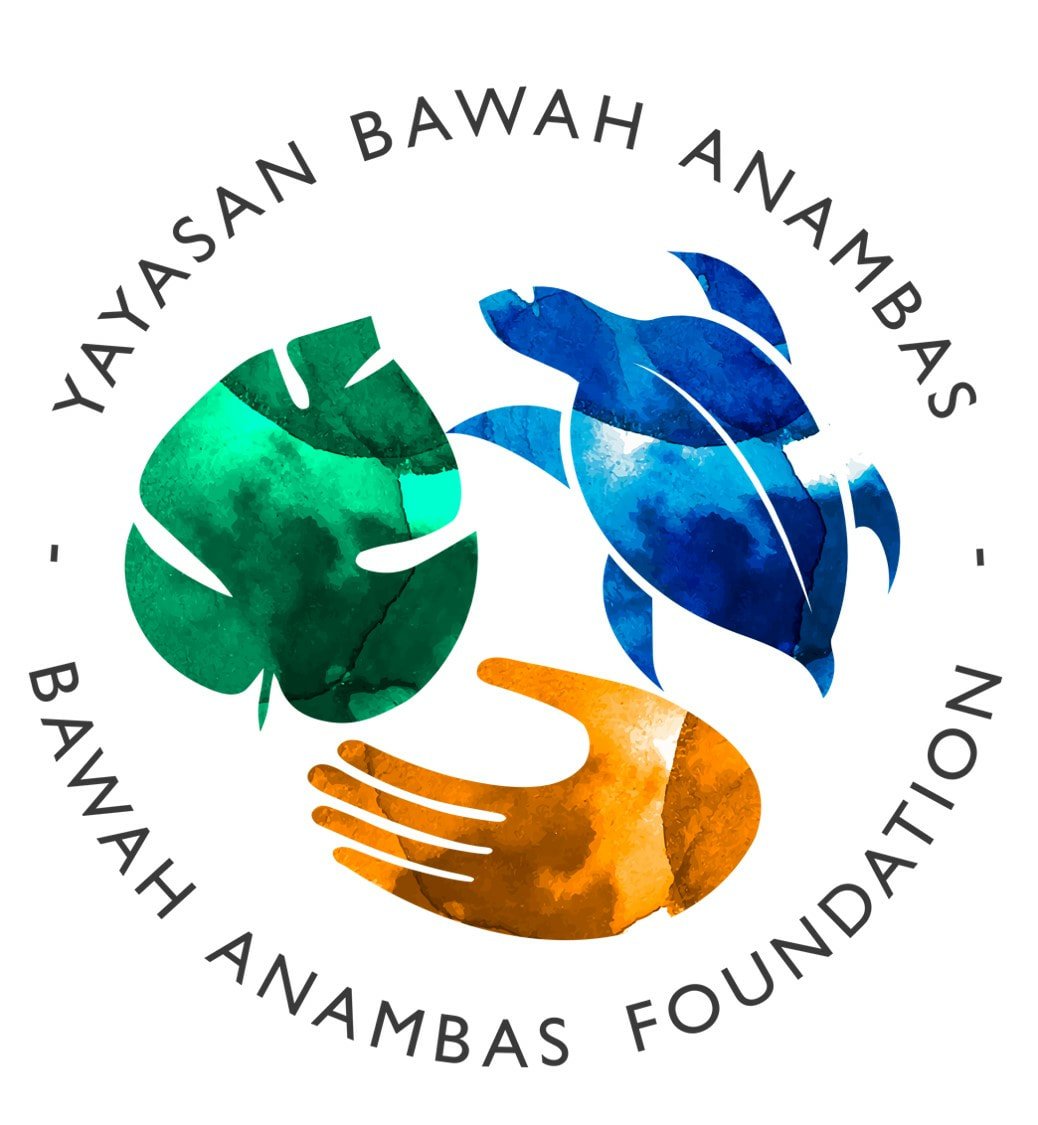
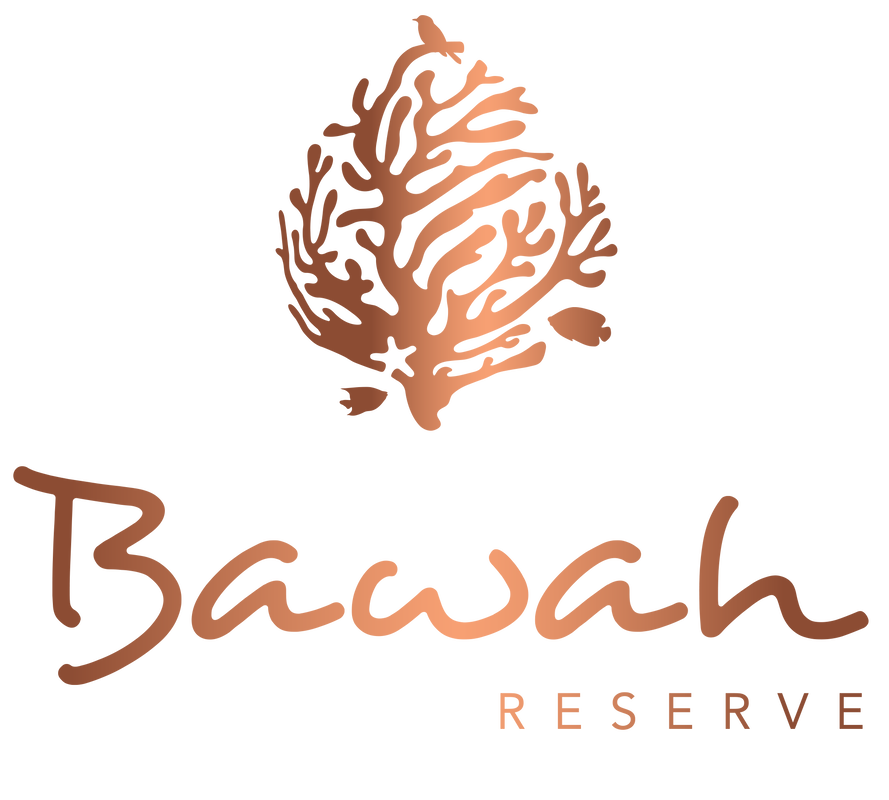
 RSS Feed
RSS Feed